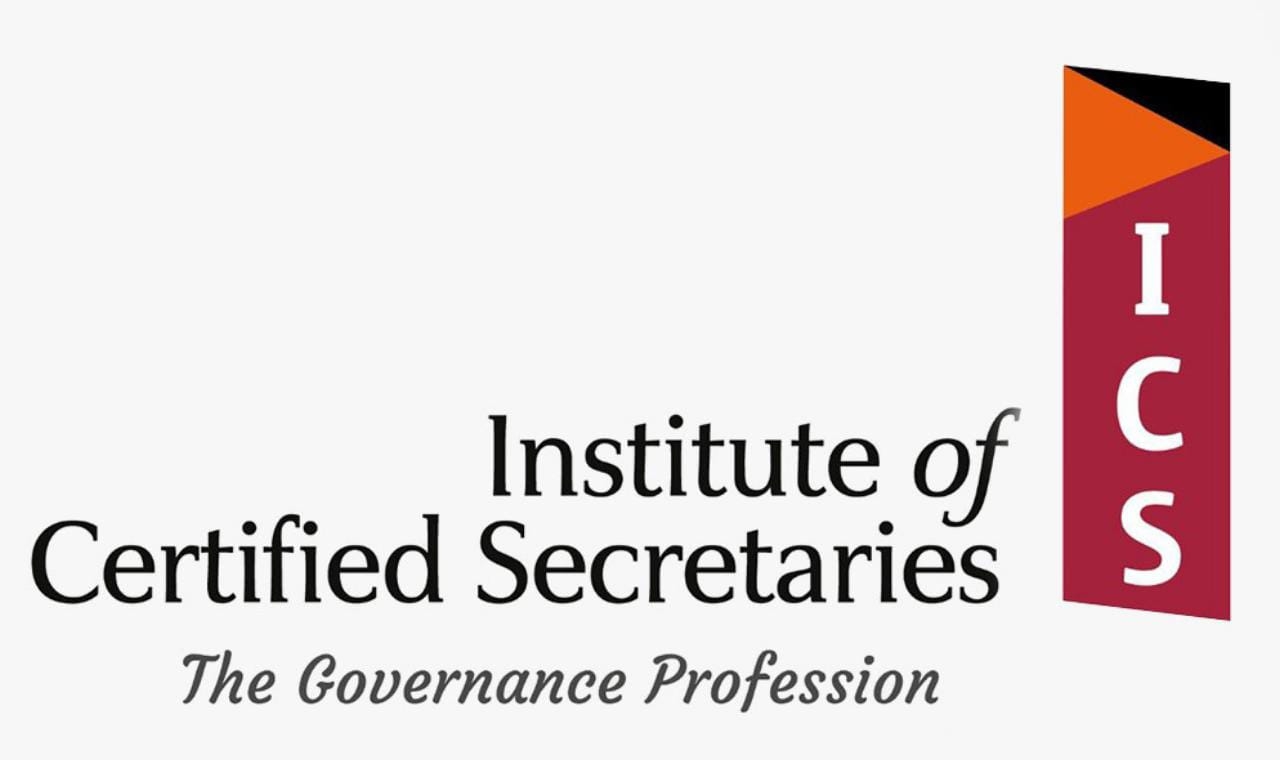Organizations resemble living creatures, the board is the head, charting vision and guarding integrity, while advisory bodies, consultants, and executives are the ears, feeding in intelligence and stakeholder voices. When those ears grow louder than the head’s authority, institutions become reactive and disjointed, straying from their founding purpose and losing the coherence that once defined them. A deliberate pause between listening and deciding is the board’s greatest asset, without it, strategy drifts on the tide of daily noise.
Early warning signs of this imbalance emerge in everyday rhythms, meetings bog down in operational minutiae, risk registers swell with conflicting priorities, and decisions stall beneath a deluge of information. Accountability frays as roles blur, oversight becomes execution, and execution masquerades as governance. Before balance sheets reflect distress, culture reveals confusion and stakeholders grow unsure whom to trust.
Several incidents in our public sector and private sector boards highlight the cost of ceding board authority. In one case, a procurement arm green-lit multi-billion-shilling contracts for large-scale programs without board scrutiny, triggering inflated costs and delivery failures. Elsewhere, an organization overseeing major asset expansion pursued unchecked acquisitions that led to successive government rescues. Another institution saw inventory and property lease mismanagement spiral into crippling losses when its board failed to challenge executive spending. A separate entity ceded project-approval powers to its management team, resulting in opaque contracts, delays, and cost overruns. And numerous smaller public bodies, armed with directors unfamiliar with financial controls, watched budgets swell and services falter.
This erosion of board influence springs from several root causes, charters and mandates that leave decision rights ambiguous, appointments of people without expertise, overreliance on external consultants drowning out independent voices, and boards that self-marginalize in the face of technical detail. Without clear structures to channel insights, the ears demand attention and the head loses its edge.
Restoring equilibrium requires intentional recalibration. Boards must revisit charters to delineate strategy from operations and enshrine escalation pathways. They should recruit directors with deep sector knowledge and financial acumen, ensuring a critical mass of independent thinkers. Embedding routines, risk-scenario workshops, appreciative inquiry sessions, and role-shadowing exercises, keeps the board attuned without abdicating authority. And by treating consultant reports as tributaries rather than torrents, boards preserve the pause between perception and action.
When Kenya’s public institutions reclaim the head’s vantage above daily clamor, they not only safeguard mission integrity but also inspire confidence and cultivate resilience. Let the ears gather intelligence; let the head shape destiny. Anything less leaves organizations echoing their own cacophony loud, dissonant, and hollow at the core.
The writer is a Certified Governance Auditor and council member of ICPAK. Views shared here are personal and do not reflect the views of ICPAK.
FCPA, CS Hesbon Omollo
